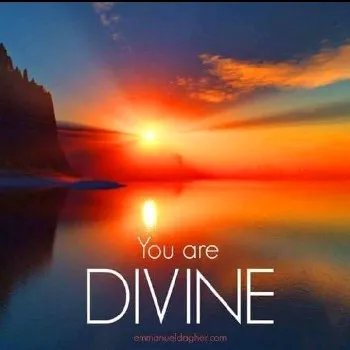Story of Consciousness and Cosmos
The ultimate truth of existence, encompassing the cosmos and consciousness, is a profound and often elusive topic that has been explored by philosophers, scientists, theologians, and mystics throughout history. Here’s a broad perspective on these intertwined themes:
### The Cosmos
1. **Origin of the Universe**:
- **Scientific Perspective**: The prevailing scientific explanation for the origin of the universe is the Big Bang theory, which posits that the universe began as a singularity approximately 13.8 billion years ago and has been expanding ever since.
- **Philosophical/Metaphysical Perspective**: Some philosophical perspectives propose that the universe may be eternal, without a beginning or end, or that it could be one of many in a multiverse.
2. **Nature of Reality**:
- **Materialism**: This view holds that everything in the universe, including consciousness, can be explained in terms of matter and physical phenomena.
- **Idealism**: This perspective suggests that reality is fundamentally mental or spiritual. The physical universe is a manifestation of consciousness.
3. **Cosmological Models**:
- **Classical Models**: These include Newtonian mechanics and Einstein’s theory of relativity, which describe the large-scale structure and dynamics of the universe.
- **Quantum Mechanics**: This field explores the behavior of particles at the smallest scales, revealing a probabilistic and interconnected nature of reality that challenges classical intuitions.
### Consciousness
1. **Nature of Consciousness**:
- **Hard Problem**: The "hard problem of consciousness," as formulated by philosopher David Chalmers, questions how and why subjective experiences (qualia) arise from physical processes in the brain.
- **Non-Physical Theories**: Some theories propose that consciousness is a fundamental aspect of the universe, not reducible to physical processes. This view is known as panpsychism.
2. **Levels of Consciousness**:
- **Individual**: This refers to personal...
### The Cosmos
1. **Origin of the Universe**:
- **Scientific Perspective**: The prevailing scientific explanation for the origin of the universe is the Big Bang theory, which posits that the universe began as a singularity approximately 13.8 billion years ago and has been expanding ever since.
- **Philosophical/Metaphysical Perspective**: Some philosophical perspectives propose that the universe may be eternal, without a beginning or end, or that it could be one of many in a multiverse.
2. **Nature of Reality**:
- **Materialism**: This view holds that everything in the universe, including consciousness, can be explained in terms of matter and physical phenomena.
- **Idealism**: This perspective suggests that reality is fundamentally mental or spiritual. The physical universe is a manifestation of consciousness.
3. **Cosmological Models**:
- **Classical Models**: These include Newtonian mechanics and Einstein’s theory of relativity, which describe the large-scale structure and dynamics of the universe.
- **Quantum Mechanics**: This field explores the behavior of particles at the smallest scales, revealing a probabilistic and interconnected nature of reality that challenges classical intuitions.
### Consciousness
1. **Nature of Consciousness**:
- **Hard Problem**: The "hard problem of consciousness," as formulated by philosopher David Chalmers, questions how and why subjective experiences (qualia) arise from physical processes in the brain.
- **Non-Physical Theories**: Some theories propose that consciousness is a fundamental aspect of the universe, not reducible to physical processes. This view is known as panpsychism.
2. **Levels of Consciousness**:
- **Individual**: This refers to personal...




